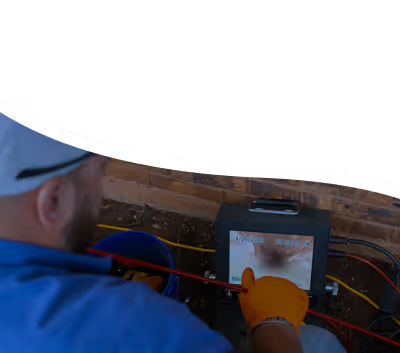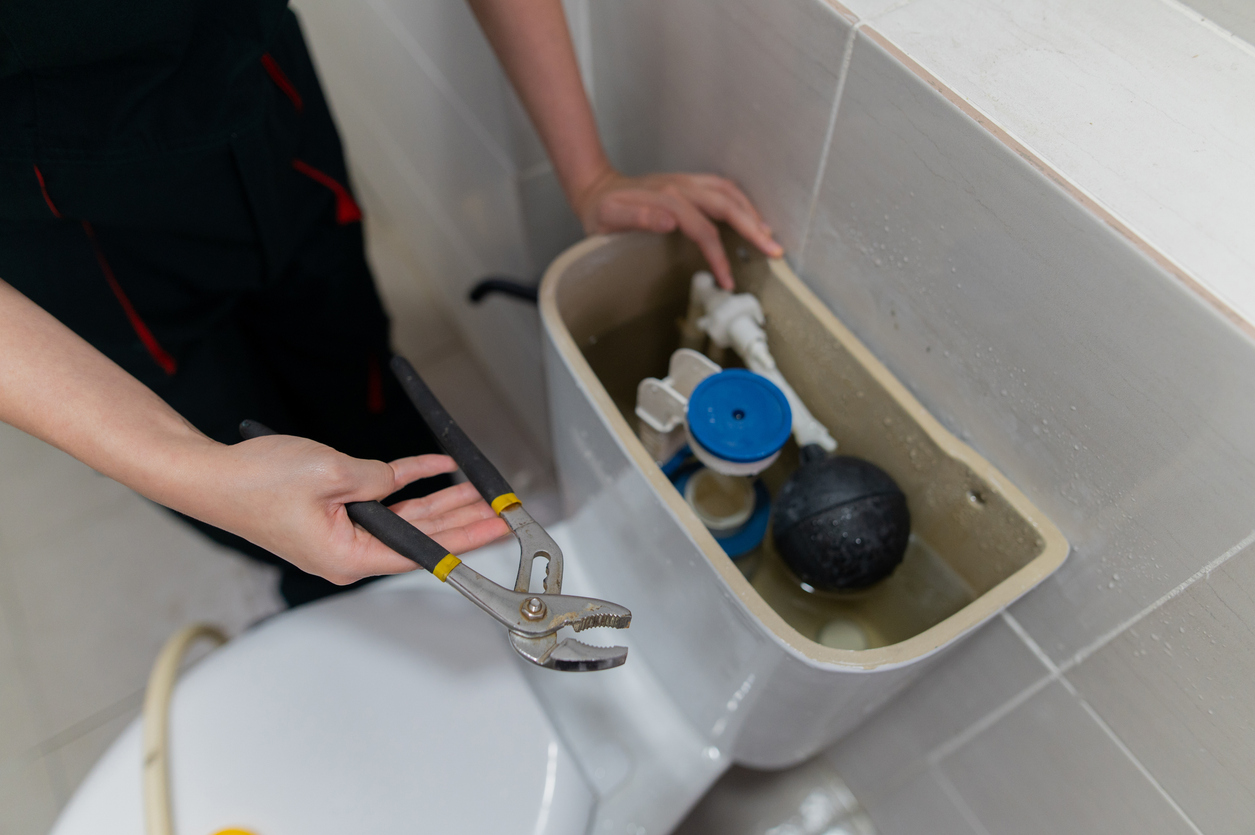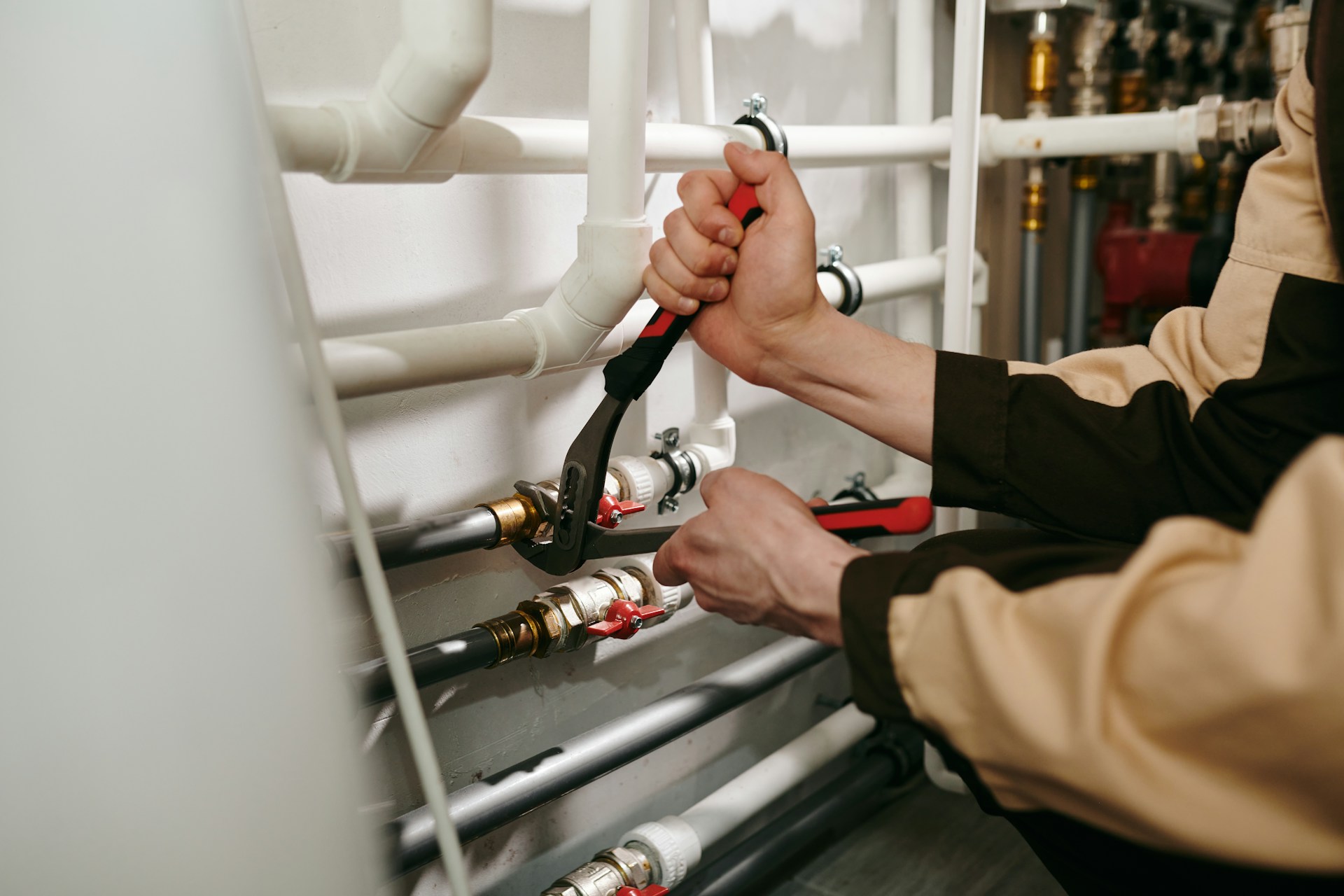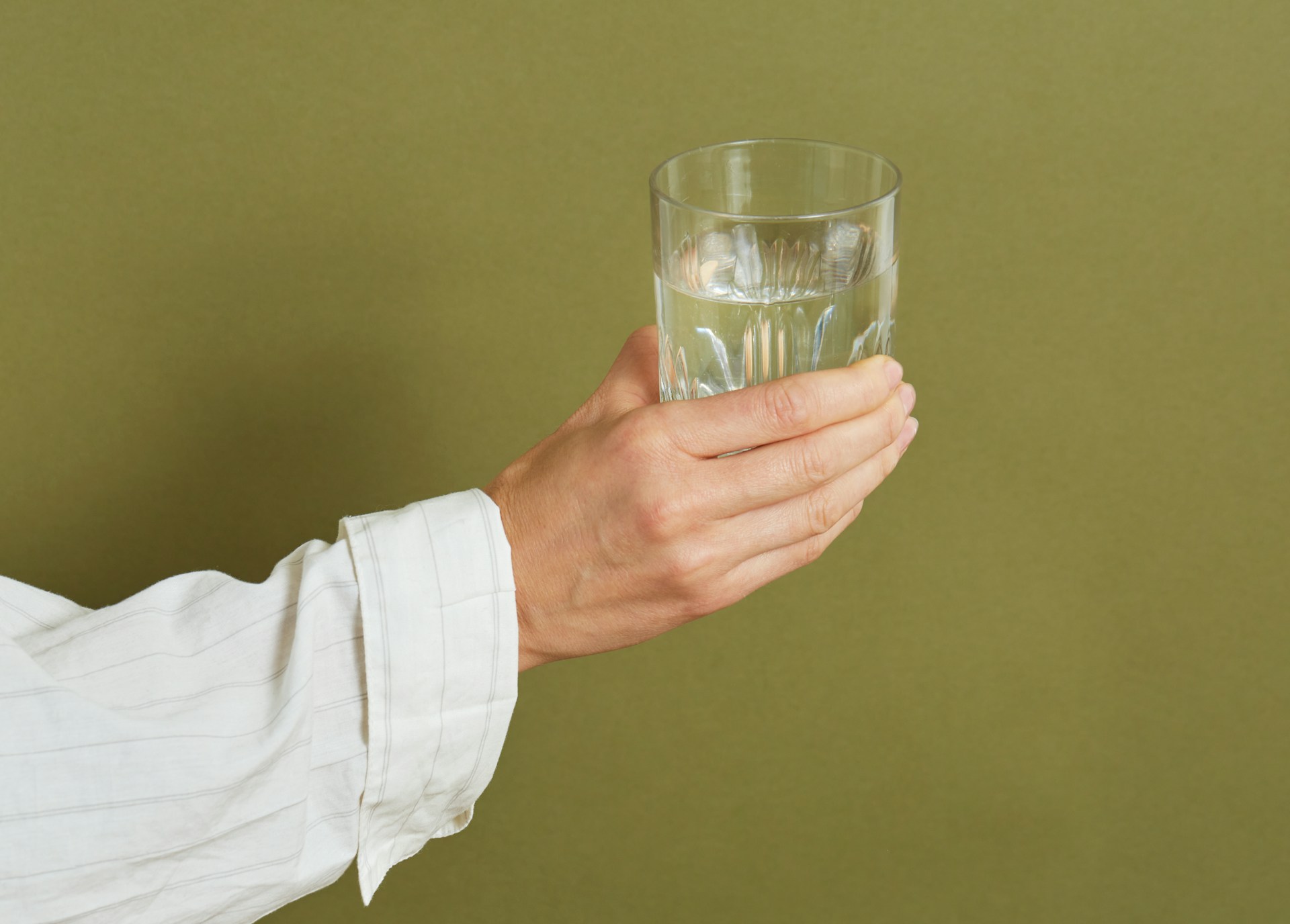Utility bills are a fact of life, but you do have control over how much you put out each month. If you are paying a water bill, you know that costs can get surprisingly high. Water isn't cheap, and in some locations, it's quite expensive. If you are a growing family that takes showers, does multiple loads of laundry weekly and waters the lawn, you likely have a water bill that's higher than you would like. You might think there's not much you can do about it, but there are strategies that can help you save money on your water bill. Here are eight ways to do it:There are two keys to using less water: Equipment and habits. While changing habits take work, it doesn't involve buying or replacing anything, it just requires vigilance on your part. As far as equipment goes, most are a one-time purchase that will pay for themselves quickly.
1. Saving Money In The Bathroom
Your current toilet, shower and faucets may be using up to 41 gallons per person, per day. This is a significant use of resources. You can lessen this by replacing your toilet with a low-flow toilet and shower head, and more efficient faucets. These improvements will pay for themselves over time, and will consume far less water.Bonus tip: Take shorter showers, you can save several gallons of water by trimming 5 minutes off your shower time.
2. In The Laundry Room
Upgrading your washing machine to an energy-efficient model can save significant amount of water. A certified energy-star model may use up to 50% less water than your current model. This is a huge difference, and these newer models perform better, as well.Bonus Tip: Washing clothes when they aren't dirty is a common occurrence. Many articles of clothing can be worn more than once, and towels can be reused, as well.
3. Saving Money While Washing Dishes
Ideally, your home has a dishwasher. Washing dishes by hand uses considerably more water than using the dishwasher. An energy star dishwasher will save about 30% more water than a conventional dishwasher, and ends up being about 80% more efficient than washing dishes by hand. If you have to wash dishes by hand, don't just let the water run. This is probably one of the biggest water wasters. Fill the sink with water, and fill a clean tub for rinsing.
4. Saving Money In The Yard
Overall, your outdoor watering habits could be costing you the most. Evaluating the water used for maintaining your lawn and landscaping could result in big savings. It's estimated that up to 55% of your water is used outdoors. You can take steps to reduce this. One option is to work with a landscape designer to create a more water-friendly outdoor space. This may include installing a more efficient drip system that waters the base of the plants instead of simply dousing the foliage. Much of the water used in sprinkler systems simply evaporates or blows away. Tearing out lawns and replacing them with indigenous plants and low-maintenance landscaping can drastically cut your water consumption.
5. Greywater Reuse Options
Water used in your household can be recycled. Examples of greywater include shower, faucet and even laundry water that can be used for toilet flushing. This happens via a sanitary pipe that keeps the water separated from city potable water pipes and runs it to your toilets. This method can save up to 7,000 gallons of city-supplied potable water per year.
6. Consider Stormwater Reuse
An alternative to greywater reuse is stormwater reuse. This is an easier option that involves collecting storm water via rooftop drums that can collect and distribute water for landscaping irrigation. There are more sophisticated systems as well, and this may be a good option depending on the rainfall in your area.
7. Radiant Heating Systems
Newer radiant heating systems are being developed to use water more efficiently. These close-looped systems use less water and thus save you money. As it is, radiant floor heating tends to be more energy efficient than baseboard heaters etc. You lose less heat through ducts and out the window. Newer systems have even more energy-saving features. Closed systems recirculate water to heat your home more efficiently, and use less water.
8. Improved Water Meters
New water meters have been developed that can detect leaks and give you detailed information on your water usage that can help you change habits and use less water. Smart meter technology can save you money by detecting leaks that can be draining water and increasing your bill. Smart meters are also more sensitive than traditional water meters. They allow you to see where the majority of your water is going, and empower you to use water more efficiently.There are multiple ways to save water on a daily basis. While replacing fixtures and appliances may initially cost you money, these are short-term expenses that will only save you money in the long run. Not only that, but you will be conserving water, one of our most precious resources. Check into local conservation programs that may assist with things like appliance replacement and landscaping services designed to save water. You may be able to get assistance for energy-saving expenses.Call the professionals at Midway Plumbing!Read Our Fantastic Reviews










